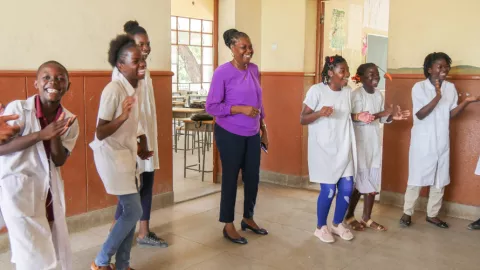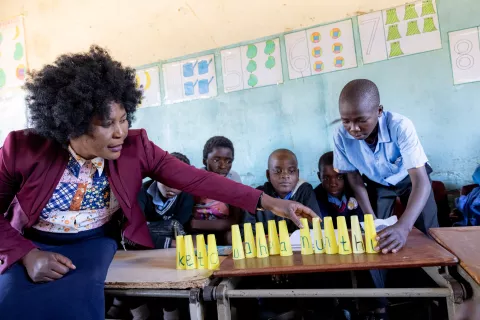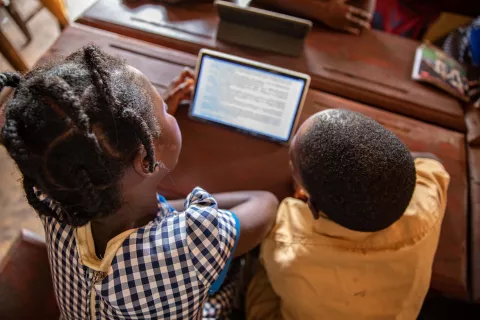Cash Transfers, Public Works and Child Activities
Mixed methods evidence from the United Republic of Tanzania
Highlights
This paper examines the impact of the United Republic of Tanzania’s Productive Social Safety Net (PSSN) on child work and education. Targeting extremely poor households, the programme provides cash transfers that are partly conditional on the use of health and education services, along with a public works component. We relied on a cluster-randomized evaluation design, assigning villages to one of three study arms: cash transfers only; cash transfers combined with public works (i.e., the joint programme); and control. We complemented the quantitative analysis with findings from in-depth interviews and focus group discussions with children and caregivers, involving a subsample of participants from all three study arms. Due to household investment of PSSN benefits in livestock, the programme caused a shift from work for pay outside the household to work within the household, mostly in livestock herding. The programme improved child education outcomes. These findings were echoed in the qualitative data – participants referred to working on family farms as being both safer for children and more beneficial for the family. Participants further discussed the importance of PSSN funds in paying for schooling costs. Impacts were generally no different for communities that received cash only and communities that received both cash and public works components. School dropout, however, decreased in villages where the joint programme was implemented but remained unchanged in villages receiving cash only.





